One of the most serious dilemmas a government faces is whether or not to send its troops abroad to die for their country. The purpose must be absolutely clear, to protect vital national interests.
Yet at no time since Tony Blair sent thousands of British troops to Helmand province in 2006, have ministers or their top brass offered a coherent explanation of why they are there.
John Reid, defence secretary at the time, said he would be "perfectly happy" if they left "without firing a shot". Senior Nato officials privately told me at the time not to mention the possibility of their troops ever getting involved in violent clashes with al-Qaida fighters.
Yet we were told that British soldiers were being deployed to Afghanistan precisely to ensure that al-Qaida would never again present a threat. We were also told they were there to make the country a better and safer place.
For years, month after month, British commanders would reel off the number of children attending school, the number of markets opened, as a result of the efforts of their soldiers.
But back in Whitehall, ministers privately admitted that it was not the job of British troops to risk their lives simply to improve the lot of ordinary Afghans.
That, they said, as they saw the polls showing growing opposition to the war, was not going down well with the public back home.
It was also not the soldiers' job to eradicate opium poppies. Afghanistan continues to be the source of more than 90% of the heroin on the streets of Britain. When I asked a very senior Kabul-based British official not so long ago what was being done about the narcotics trade, he replied: "It is a difficult problem".
In one of his first speeches after the coalition government came to power in 2010, the new defence secretary, Liam Fox, said British soldiers were not in Afghanistan "for the sake of the education policy in a broken 13th century country". We were there, he told the Times newspaper, "so the people of Britain and our global interests are not threatened".
More than two years later, after the loss of more than 400 British troops in Afghanistan, and long after Britain's own security and intelligence agencies agreed that the danger to Britain of any al-Qaida presence there had evaporated, Fox's predecessor Philip Hammond told the Guardian: "We have to be clear why we came here in the first place...We can ask troops who are here to help build a better Afghanistan, but we cannot ask them to expose themselves to risk for those tasks."
Hammond continued. "We can only ask them to expose themselves to risk for Britain's national security, which is what they signed up to do." Britain had "not come here to defeat the insurgency".
In that case, one may ask, why are any British troops still putting their lives at risk in Afghanistan? Why do they have to await the apparently arbitrary deadline of the end of 2014?
Faced this week with growing opposition on both sides of the Commons to Britain's continued military presence in Afghanistan, Hammond made clear he was not told in advance of the US decision to scale back joint operations with Afghan security forces.
British governments have got to get used to growing domestic opposition to foreign military operations as well as to America's military retreat.
"America is drawing in its military horns and cuts in defence spending are supported by a war-weary public across political lines..", noted the International Institute for Strategic Studies in its latest annual Strategic Survey.
The survey raises further uncertainties compounded by a growing diffusion of power. There are many different types of power, it says — military, diplomatic, economic, financial, market, people, reputational, even "idea" power.
And to the neologisms of hard, soft, and smart, power, could be now be added "fast power" — the ability to shape events at speed effectively. Then there is the emergence even of the "privatisation of foreign policy".
"Public policy responsibilities cannot now fall only on the narrrowing shoulders of government', the IISS warns. "Companies acting abroad need to go beyond corporate social responsibility and develop virtual foreign polices if they are to protect their interests and the environments in which they succeed".
All this has profound implications for how Britain — and the US — will deploy their troops after they withdraw them from Afghanistan in a little more than two years' time.
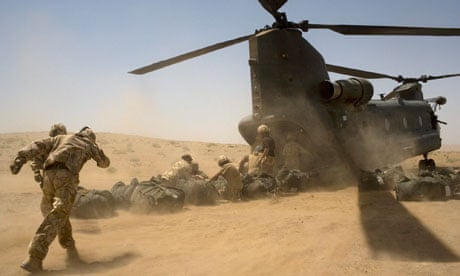
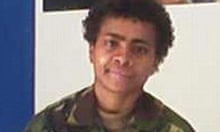

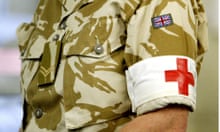
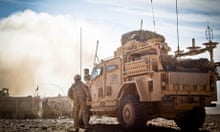
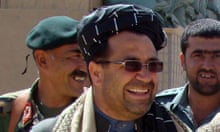
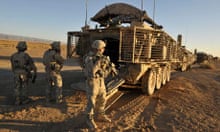
Comments (…)
Sign in or create your Guardian account to join the discussion